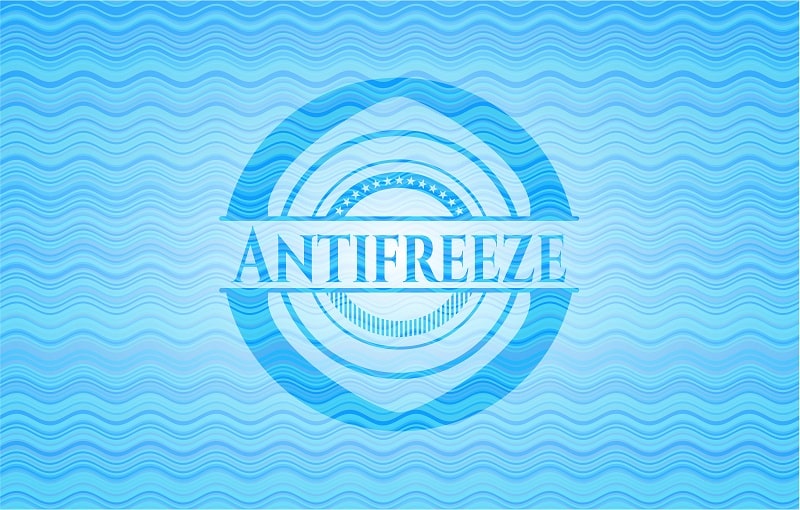
Swimming Pool Antifreeze vs. RV Antifreeze
During the freezing cold winter months, both swimming pools and RVs need to have their water lines winterized. This involves using a special, non-toxic propylene glycol antifreeze in the water lines.
Swimming Pool Antifreeze
When the weather turns cold, it’s time to protect swimming pool plumbing pipes from freezing and possibly bursting. In order to do this, you would use a propylene glycol swimming pool antifreeze.
To use swimming pool antifreeze, pour the antifreeze into the skimmer, not the pool. The point is to prevent the pipes from freezing. You can use a hose to get the antifreeze into the pipes from the pump. Open the lid to the pump, place a hose into the pipe going into the pump, and pour in the antifreeze.
Once the warm weather returns, the antifreeze should be drained out of the pool’s plumbing system.
Never use auto antifreeze in a pool; it’s made from ethylene glycol, which is not only poisonous but when combined with pool chlorine, even in small amounts, it will turn into toxic hydrocarbon gas.
RV Antifreeze
The plumbing system in a motorhome or trailer also needs to be protected from freezing during the winter. Likewise, the antifreeze must fill the water lines, not the tanks. This can be done by pumping the antifreeze through the lines. When camping season returns, the antifreeze must be flushed out of the water lines.
RV antifreeze is also made of propylene glycol, which is considered nontoxic. Car antifreeze made from ethylene glycol is toxic, and should never be used to winterize an RV.
Is Swimming Pool Antifreeze and RV Antifreeze the Same Thing?
Both are made from propylene glycol, and both are designed to prevent pipes from freezing, so yes. Likewise, both products are used in a similar way. The major difference between the two products appears to be the color; the swimming pool antifreeze is usually blue, and the RV antifreeze is pink. Many brands of swimming pool antifreeze advertise that the product can also be used to winterize an RV.
There is also a general “plumbing antifreeze” on the market which is pink; this product is made of propylene glycol and water and is marketed for use in cabins, mobile homes, RVs, boats, swimming pools, and septic systems. It’s non-toxic and, if used correctly, it’s safe for the environment.
The final conclusion is, it appears you can use a swimming pool, RV and plumbing antifreeze interchangeably. However, unless there is a big price difference, you may want to choose the product specifically marketed for your intended use. The instructions will differ, and, the amount of dilution with water may differ too.
